In one of the largest global studies ever conducted on the gender exercise gap, 24,959 people around the world shared their views.
Introduction
Commissioned by ASICS and led by renowned academics Dr Dee Dlugonski and Professor Brendon Stubbs, the study explored the barriers, challenges, facilitators and motivators to exercise for women.
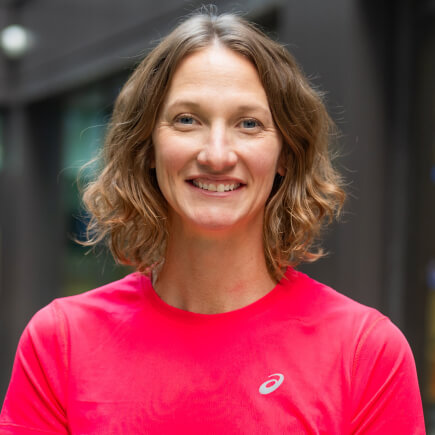
Dr Dee Dlugonski
Dr Dee Dlugonski is a renowned researcher in exercise and wellbeing for women, children, and families. She joined the Sports Medicine Research Institute at the University of Kentucky in 2019 and primarily works with the Active Women's Health Initiative.
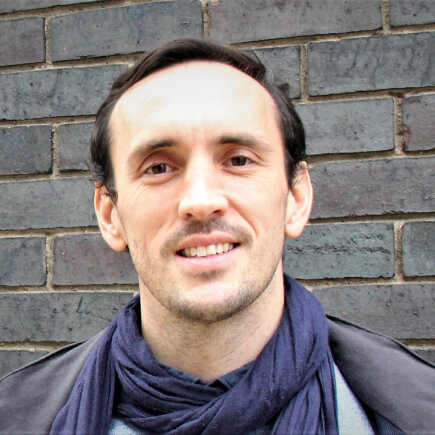
Professor Brendon Stubbs
Professor Brendon Stubbs is a clinical academic physiotherapist and Head of Physiotherapy at the South London and Maudsley NHS Foundation Trust. He is also a Clinical Senior Lecturer at the Institute of Psychiatry, Psychology and Neuroscience, King's College London.
The more women move, the better women feel
Women who regularly exercise are 52% happier, 48% more confident, and 67% less stressed.
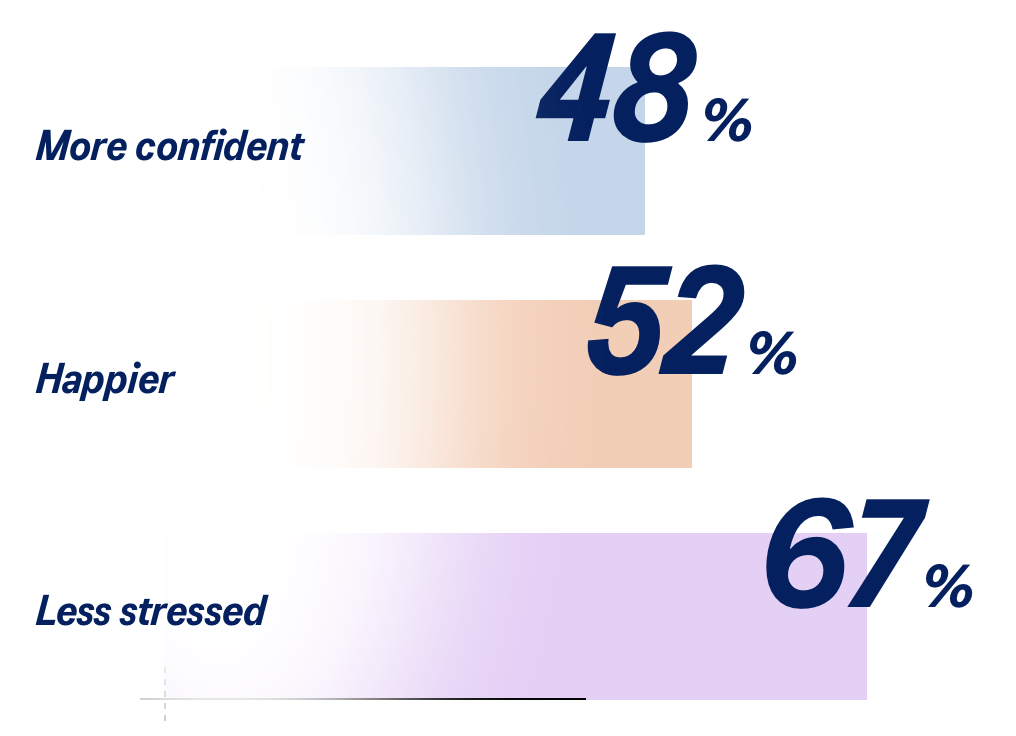
Yet, over half of women are not exercising as much as they would like to and are losing out on the physical and mental health benefits.
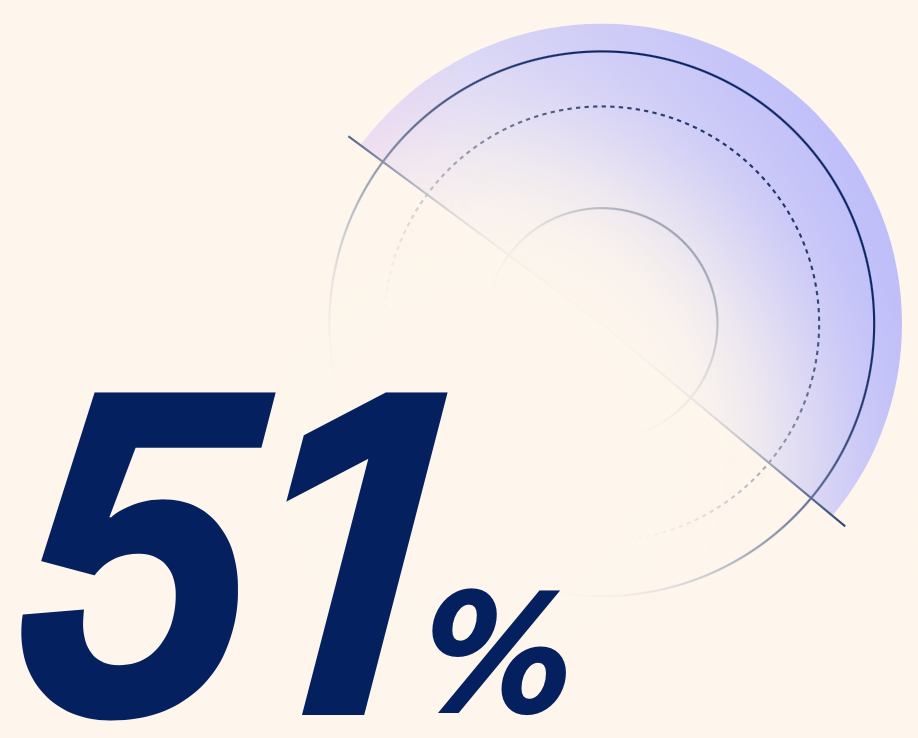
Decrease or stop exercise completely
And all women are facing a myriad of barriers to exercise throughout their lifetime.
The most reported barriers
Were lack of time (74%), other commitments (76%), and the cost of coaches or trainers (62%).
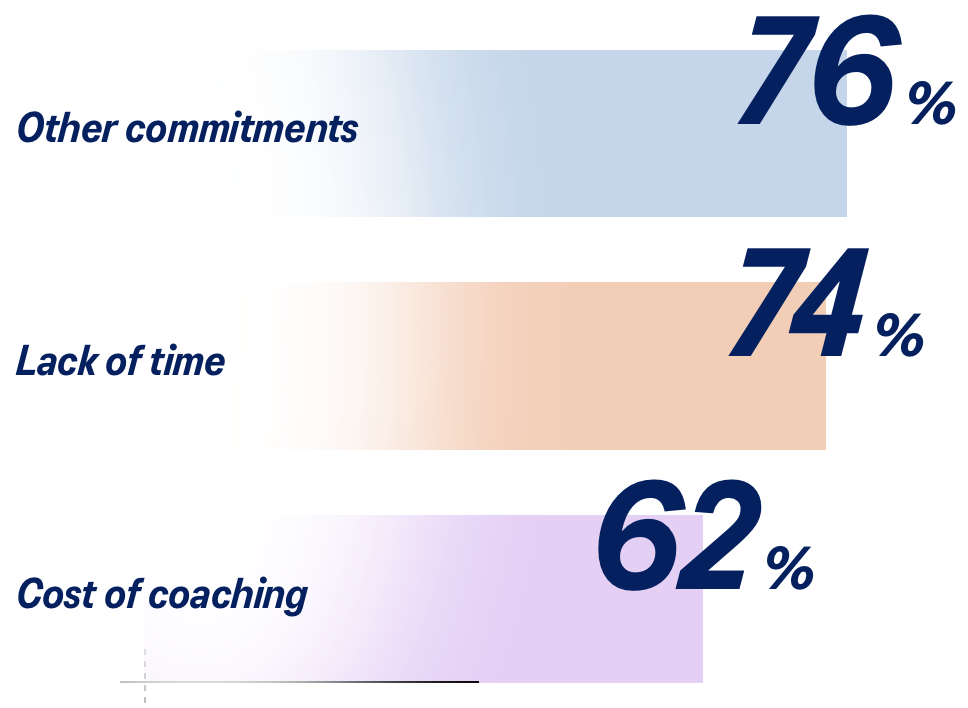
Low self-confidence, intimidating environments, gendered expectations, and care-giving responsibilities were also shown to have an impact.
Men's perceptions
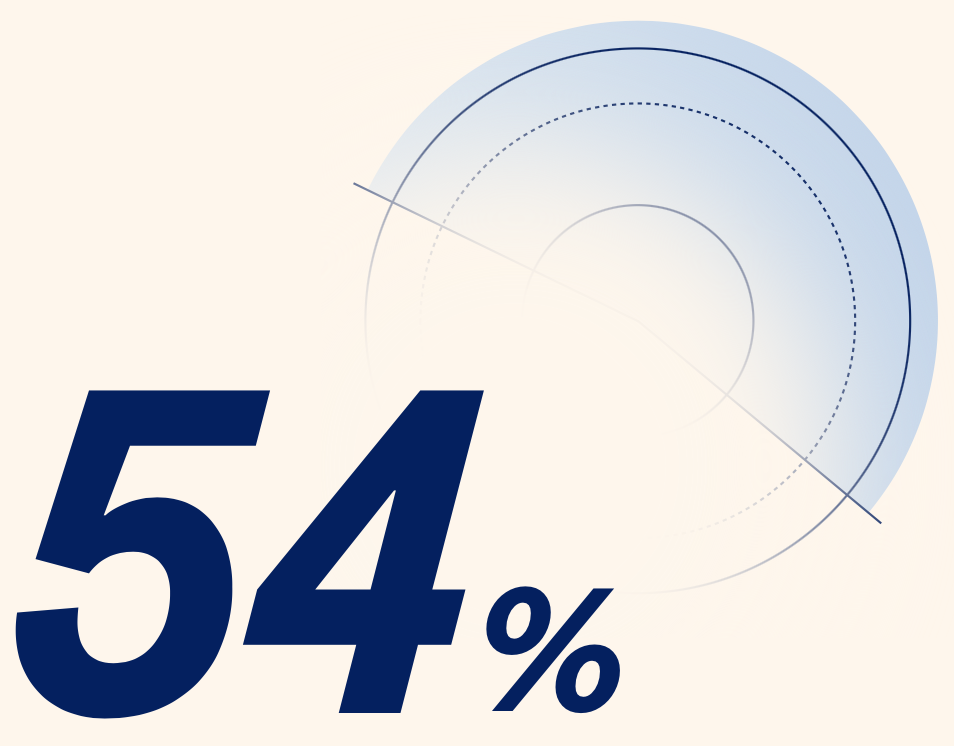
Over half of men surveyed believed women drop out of exercise because they don’t enjoy it
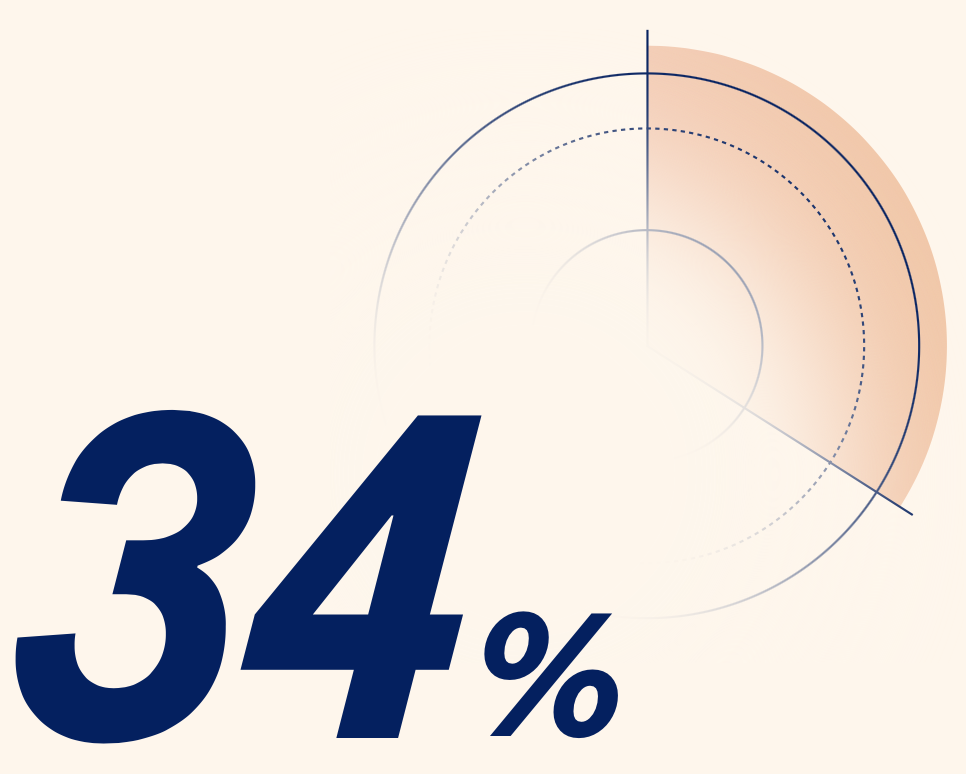
And only 34% of men recognized lack of time as a barrier to exercise for women. Despite three-quarters (74%) of women citing the issue.
Instead, men thought body insecurities were the leading barrier to exercise for women
Making a difference
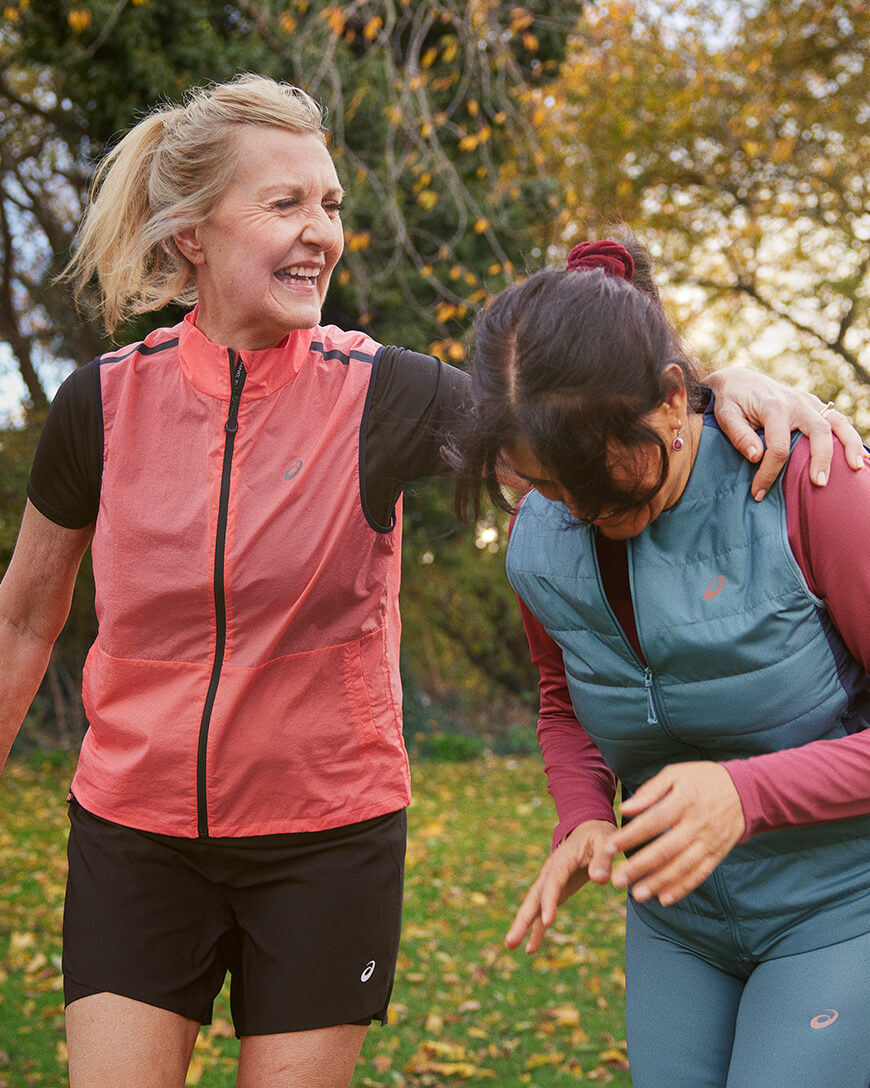
Despite this, friends are women’s most important exercise influencers
With women most motivated to exercise by women like themselves.
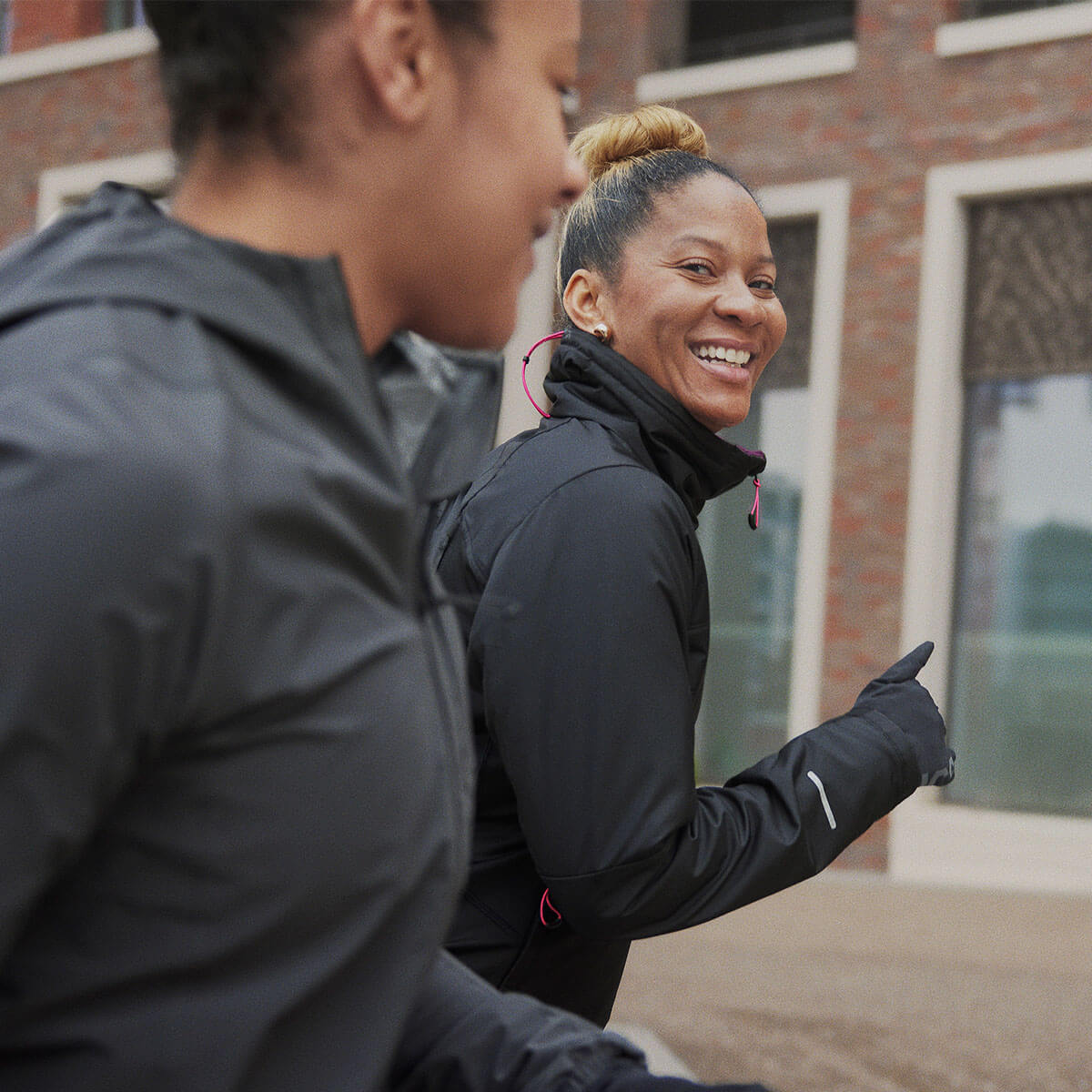
And thousands of individuals and grassroots organisations are already making an impact in communities around the world
They are actively dismantling barriers for women in sport and their actions, big and small, are supporting more women and girls to move.
Download our report to discover more
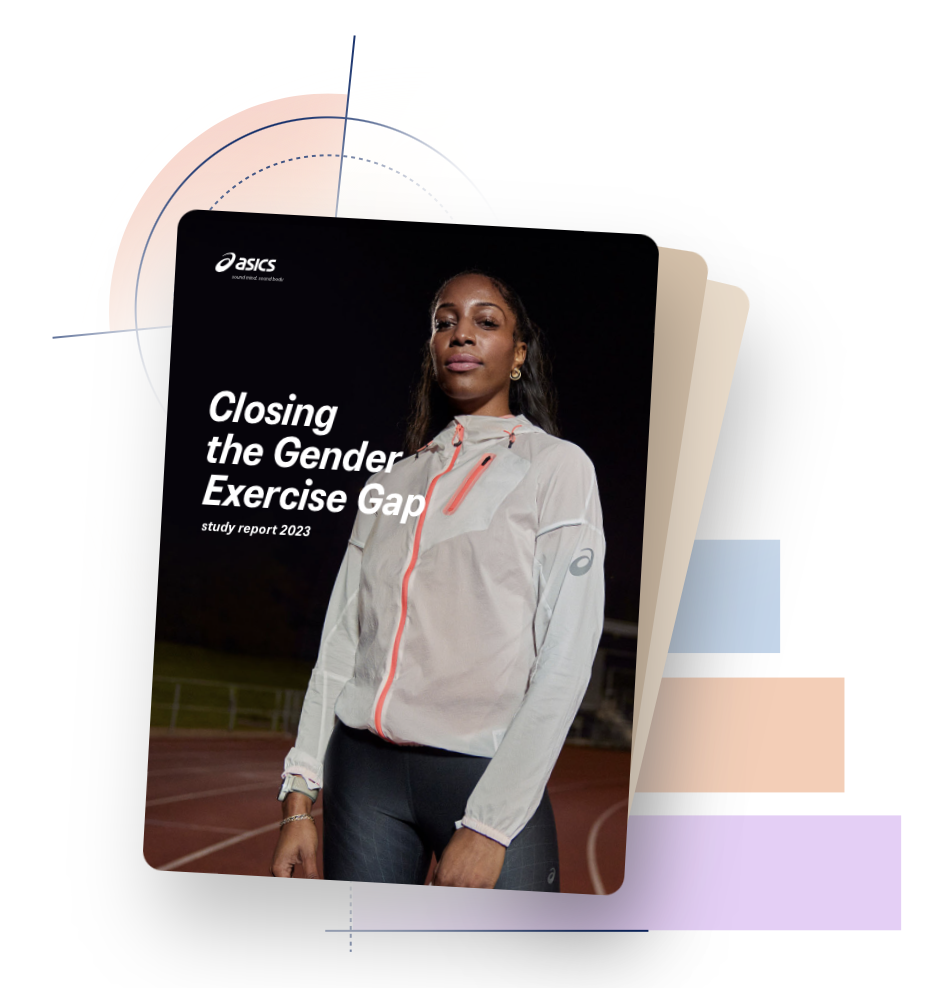
FAQ
Here you will find most commonly asked questions about this campaign.
At ASICS, we believe everyone should be able to experience the positive and mental benefits of exercise. But we know there is a gender exercise gap, with women exercising less than men. So, we launched this study to better understand why and what could be done to help.
The study took place from June 2023 to September 2023. During this time, we surveyed 24,772 people across 40 countries and conducted 26 focus groups around the globe, making it the largest study of its kind.
The study, including data collection and analysis, was led by Dr Dee Dlugonski, Assistant Professor at the University of Kentucky, and Professor Brendon Stubbs of Kings College London. Both are two of the world’s leading researchers in movement and mental wellbeing.
The study was a mixed-methods study, with data collected via a global online survey (quantitative) and focus group interviews (qualitative). Both asked about the barriers, motivators, influences and facilitators to exercise for women and for their perspectives on how the gender exercise gap could be closed. The study received ethical approval from Kings College London.
The survey was anonymous, and no identifiable data was collected or stored. The focus groups were closed sessions, with all data collected at a group level, so no individuals could be identified. Any specific quotes from individual focus group participants have all been used anonymously within the study report. All study data was held confidentially and securely and processed in strict compliance with GDPR requirements.
All results are available to read in the study report. Dr Dlugonski and Professor Stubbs are also currently exploring a number of options for publishing the data academically.
The Move Her Mind hub was developed in response to the study findings and to recognise some of the incredible individuals and grassroots organisations breaking barriers for women in sport. The platform shares resources and stories to support, encourage and inspire more women to move. We know there are many more people and organisations making a difference for women and girls around the world. You can share your story for a chance to be featured on our hub.
